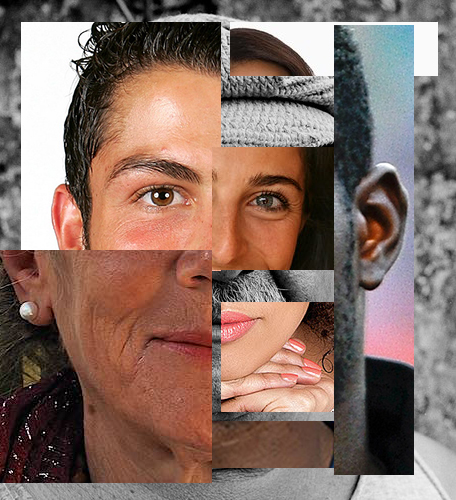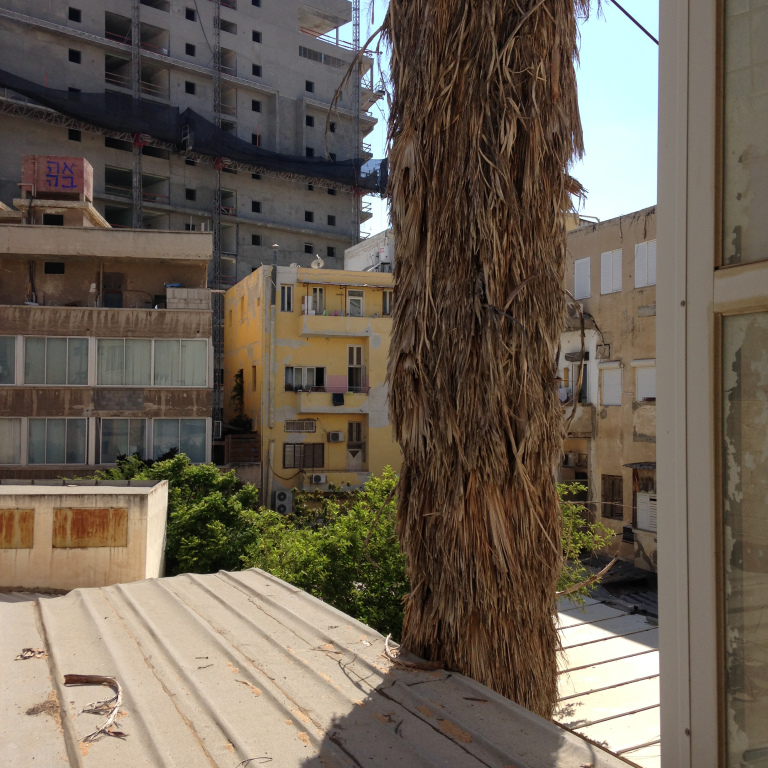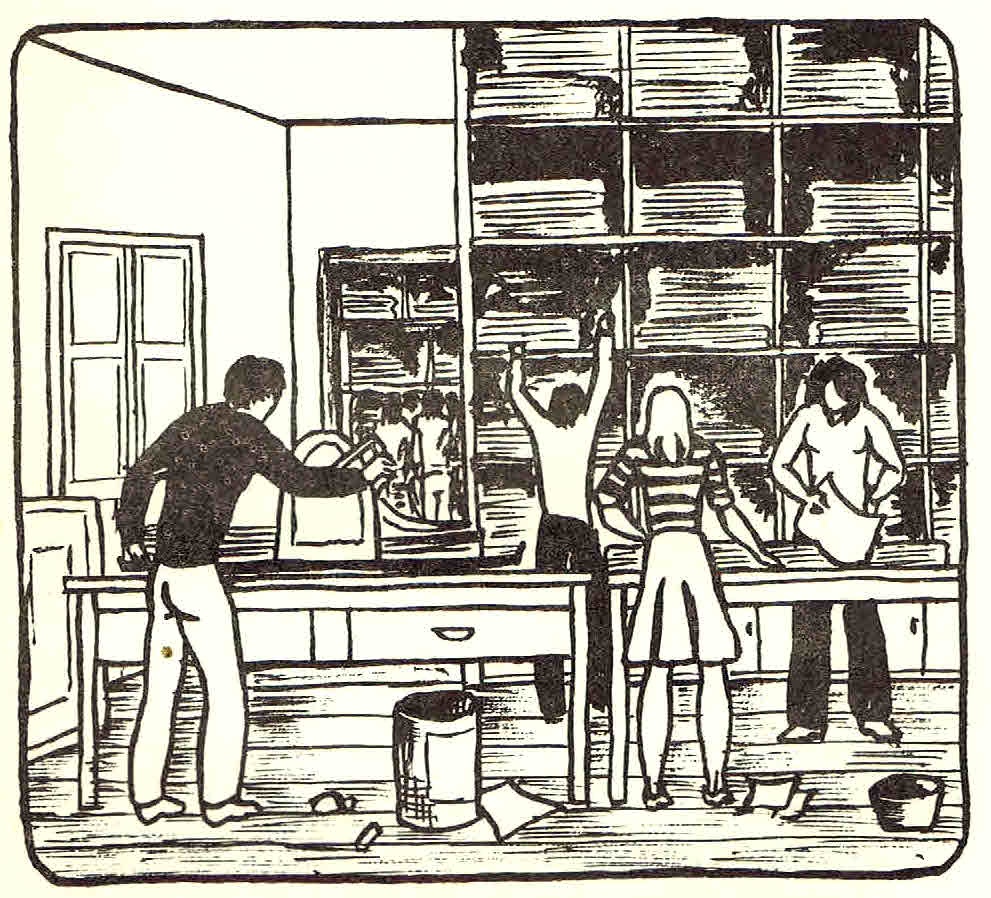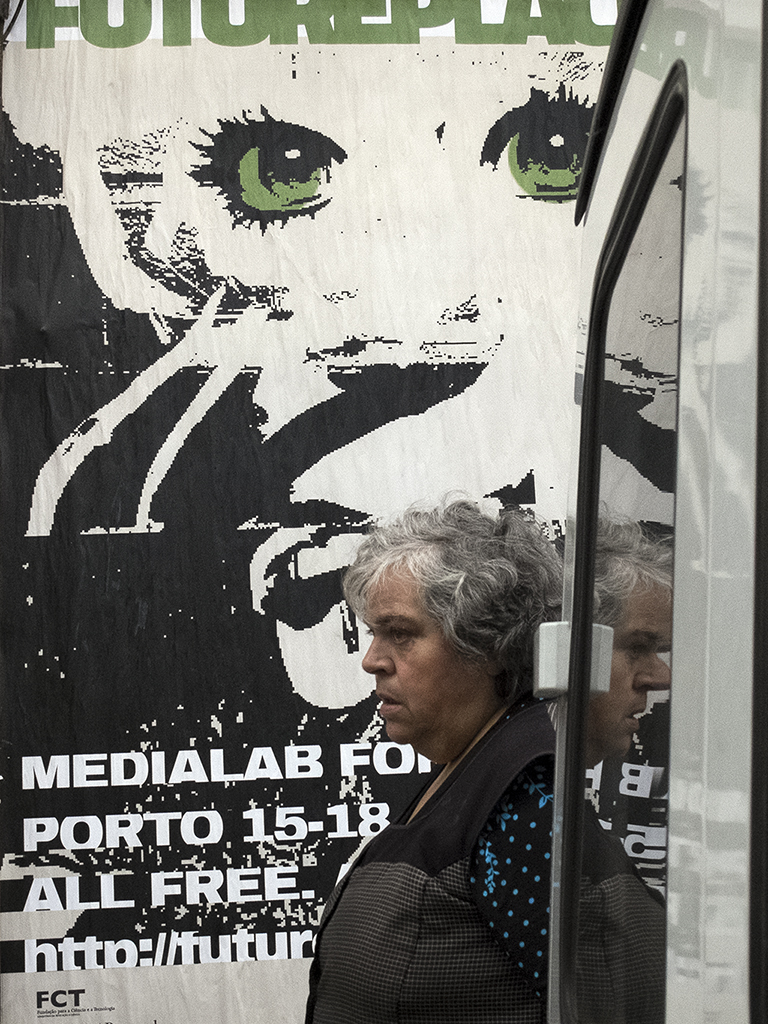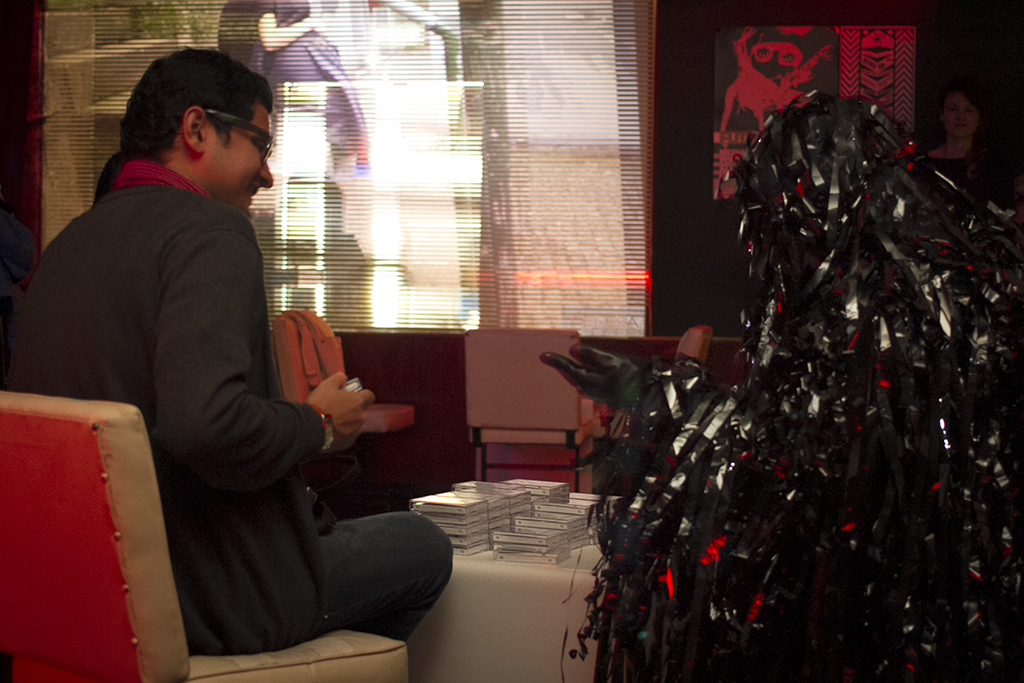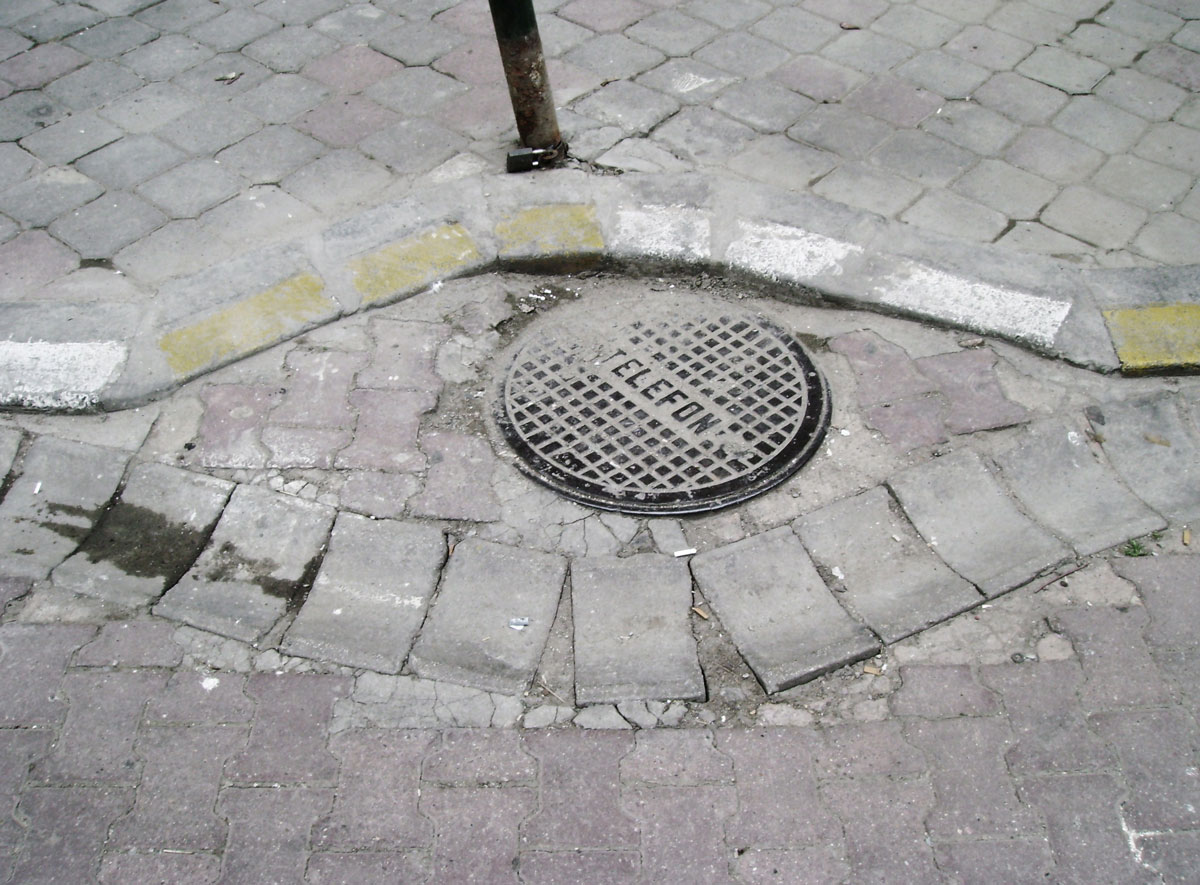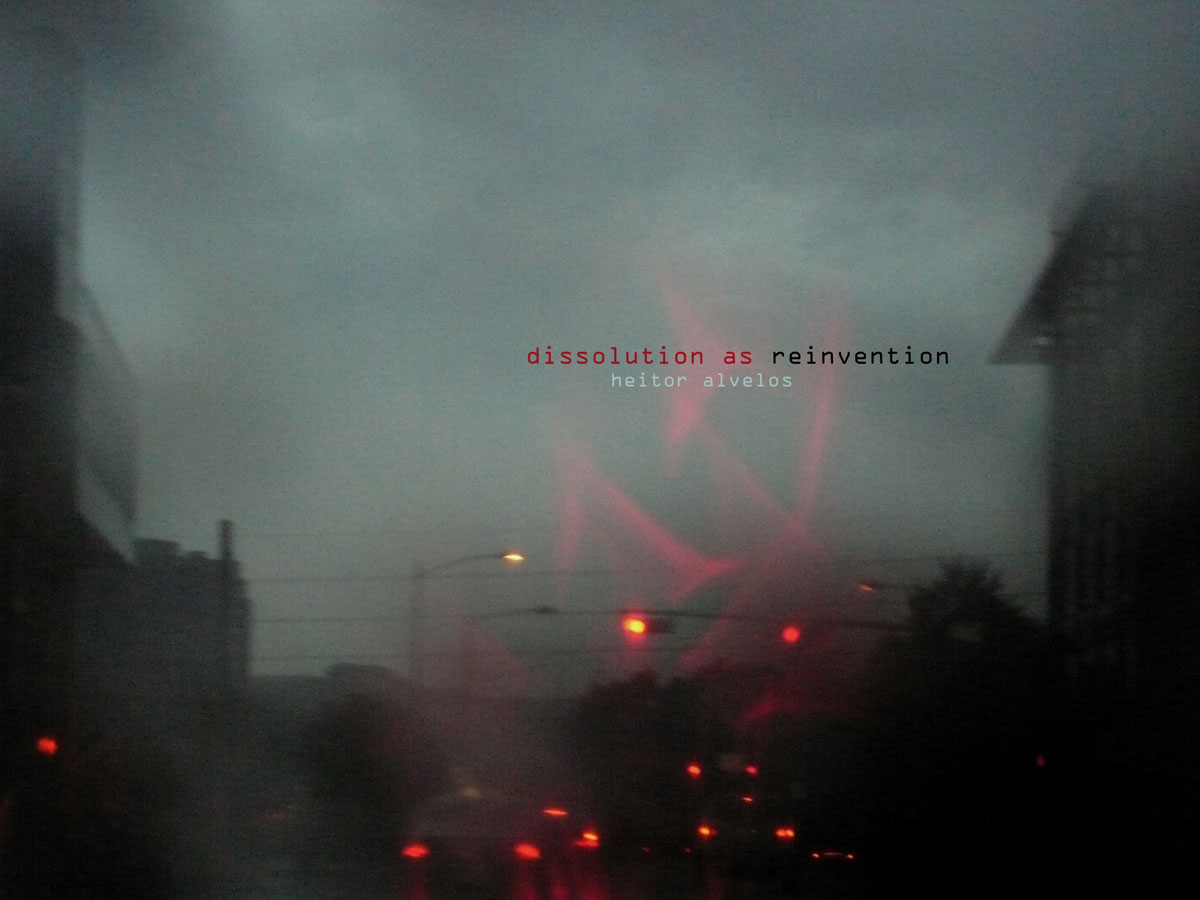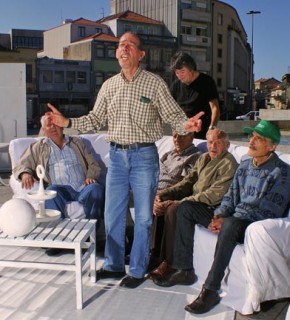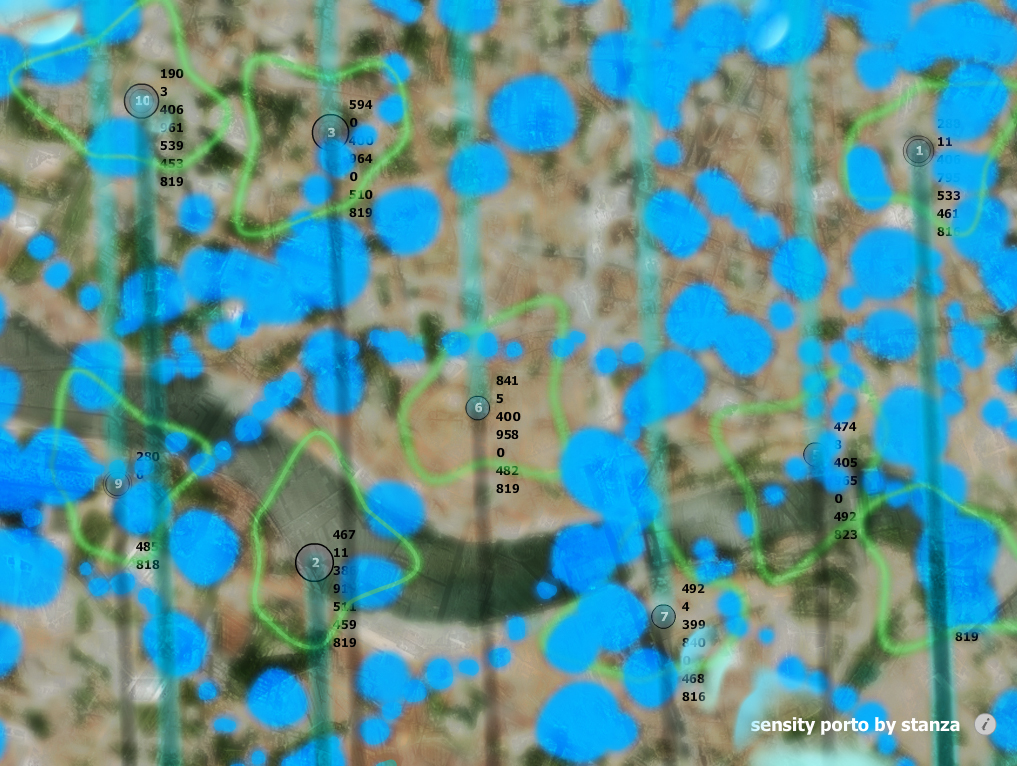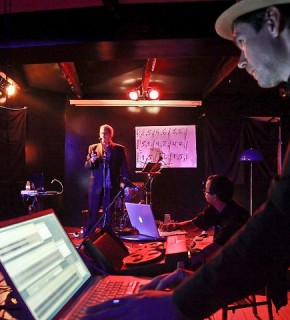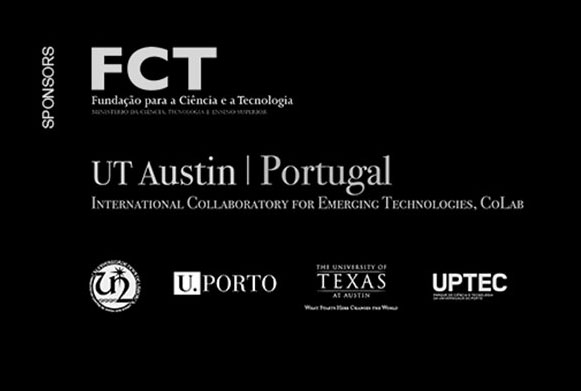People everywhere are attracted to media because we know they’re important change agents: they affect people – they arouse us emotionally, motivate us to do certain things – to vote, to respond, to scream, to think. They are not simply large industries, although many media industries are large, worldwide conglomerates, and they are not important simply because their industries make a lot of money. Rather, media are significant because they express what it means to be human, to move through life – to endure, to enjoy, to persevere, to think, to laugh, to change. They allow us to express and to reflect, to know ourselves and each other.
In the 21st century, media systems are the touchstones of a new literacy that goes beyond the printed word in form and import. One significant feature of digital media is the simple notion that this format breaks down many barriers, rendering voice, text, image, data capable of penetrating other forms and morphing into new expression. While conventional theory has it that this creates a lot of problems – copyright being a prominent example – less conventional theory celebrates this development and anticipates with enthusiasm what will come next from the wild and wooly arena of the digital. Whether we are talking about web 2.0 (or beyond), new chip-based technologies, new forms of interactivity, or the growing raft of production tools premised on digital systems, the communication world is changing rapidly and radically.
The significance of media constitutes one major factor motivating the broader Digital Media program in the UT Austin|Portugal collaboration. The program has brought together engineers, computer scientists, filmmakers and producers, writers, social scientists, musicians, artists, archivists, and information technology scholars in a multi-pronged effort to learn, discover, cultivate and produce. The Future Places Festival is one effort that galvanized our imagination at the outset of the project, and we continue to explore ways to build upon the energy and insight that it has assembled.
Why Future Places? The root of the idea has to do with the relationship between media and the locality. In the 21st century, our countries are complex: media have expanded what it means to be a nation in a complicated world, while at the same time they extend and deepen our sense of community and friendship. In an environment as media-saturated as ours, how media render our culture and our sense of humanity is crucially important. These are not matters to be left to wholesale, bland television or radio networks remote from lived experience. Rather, when we hear people talking about “global information infrastructure” – which now is really everything that we do – we absolutely must recognize that these structures have to do with our moral claims, with the types of political and economic systems in which we live, with our values. Those values have a lot to do with where we are, our personal histories, the spaces and places we inhabit and traverse, the people with whom we interact. The locality is a messy, lived-in place, the place we call “home” in a million ways, whether through the food we eat, the language we speak, the customs we share or the music we make. That place is the root of our culture.
This is what brings us to the intersection of local culture and digital media. Media are in part about telling stories. Human beings live through and by stories. This means that who puts together the stories has a lot of responsibility for shaping our culture, for getting it right. We are all storytellers and story-makers, that is, the subjects of the stories as well as their makers. With digital media in particular, the means to make stories – whether by capturing the latest street incident in a cellphone camera or using animation tools to render a romance – has gotten easier and easier. Access to storytelling tools has never been better, and paralleling this are the easier ways to distribute stories, allowing more and more people to see or hear or read those same stories.
Digital media tools mean new opportunities for expression within the local environment. Predominantly one-way media systems of the 20th century, could exercise a top-down, paternalistic voice with relative ease. This, in turn, could translate into popularizing dominant ways of thinking about certain problems and of representing oneself and others. Just as some media systems were rising to worrisome levels of uniformity and reach, digital media began to break the stranglehold. The past ten years have witnessed widespread change within media systems, and indeed they continue to change as new capabilities of media (and of people) develop. Instead of single dominant television networks, there is Internet-based content, including radio stations from all over the world, YouTube videos from everywhere, and people using cellphones to convey messages on current events in the streets as they unfold. Digital media afford the possibility of crowd sourcing as we reach for new ways for come up with opinions, ideas, and feedback. People gather information and share it digitally – in some circumstances established newspapers now are training large numbers of citizens to be reporters because the ability of many people to cover certain events vastly outstrips the capabilities of just one or two employed reporters. A huge amount of uncertainty surrounds older, established media systems as they continue to search for ways to connect with populations that have discovered something new and more interesting by using digital media tools and networks. We are no longer audiences. Rather, we are participants.
As well, our own social networks are changing. Future Places intentionally aims to capture that sense of the digital environment as well. If traditionally “place” has meant a rooted, geographically defined area, the people within it bound together by the rules and options of proximity, now technology-based networks have created new places for all of us. We have “friends,” many of them people we have never before met, across the globe, and we interact virtually. Future Places embraces virtual domains. The rhythms of a group conversation in virtual space weave the fabric on a different plane, one as important to many of us as any material place might be. Digital media create these new places and the opportunities to build different communities, to explore other ways of thinking, acting, and being.
We embarked on the Future Places festival to celebrate the local as rendered with and by digital media. Its international reach continues to grow, and we are pleased to have responses to the competition from all over the world. The people involved in the festival – the jurors, speakers, workshop leaders, students – represent a range of talents and approaches; each, in his and her own way, expands the concept of the local and allows us to explore it in some unique fashion. The Future Places workshops demonstrate our commitment to provoking people’s imagination and to augmenting skills. The event is both celebration and inquiry. We expect that it will grow even as the nature of the digital environment grows, fostering new opportunities and recognitions, remaking the local and reasserting our shared values.
Sharon Strover
Philip G. Warner Regents Professor of Communication
College of Communications, University of Texas at Austin

